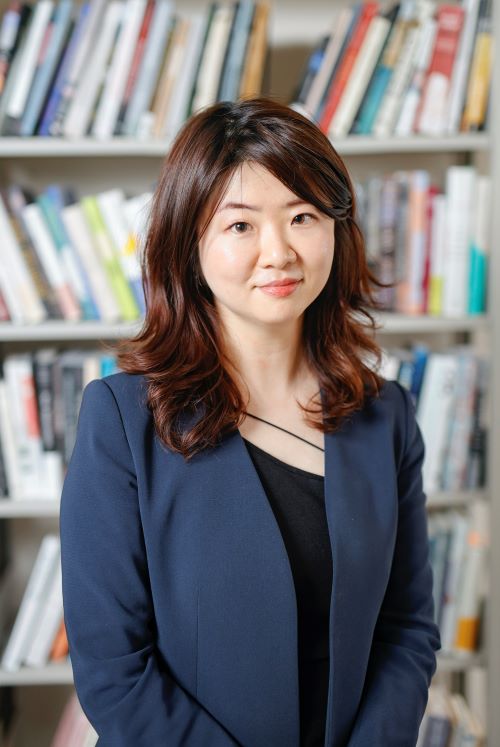Yoshida Mariko

PositionAssistant Professor
Research Areaenvironmental anthropology; blue humanities; food chain politics; multispecies ethnography; science and technology studies (STS)
Research Topic
Mariko Yoshida is an anthropologist whose research focuses on ecological uncertainty and precariousness intertwined within the metabolic dynamics of the underwater realm. She is currently working on her first monograph, tentatively titled “Metabolic Thinking with Oysters in the Anthropocene,” which examines the life of Pacifi c oysters to understand emergencies, alterations, and disruptions that occur at organismal, societal, and planetary scales. Drawing upon the inter- and intraspecies practices of Japanese aquaculture, Yoshida explores how these filter feeders, which sequester nutrients and chemicals, reshape the intersections of nature and culture—wild and domesticated,native and invasive, and from hermaphrodite origins to bioengineered spawnless commodities. Yoshida teaches a wide range of courses on environmental anthropology, political economy, feminist STS, the blue humanities,and multispecies ethnography. She received her Ph.D. in Anthropology from the Australian National University and holds M.A.s in Anthropology from Columbia University of New York (awarded the Best MA Thesis Prize) and in Media and Governance from Keio University. She has been a recipient of grants from multiple funders,including the Fulbright Program (2011-2013), the Konosuke Matsushita Memorial Foundation (2019-2020), and the Lotte Foundation (2024-2026).
Message
Cultural anthropology has been defined as “the most humanistic of the sciences and the most scientific of the humanities” (Kroeber 2003). I encourage students to critically examine the underlying modes of knowledge production inherent in both “science” and “humanism” in order to address the challenges posed by the Anthropocene/Capitalocene.

 Home
Home